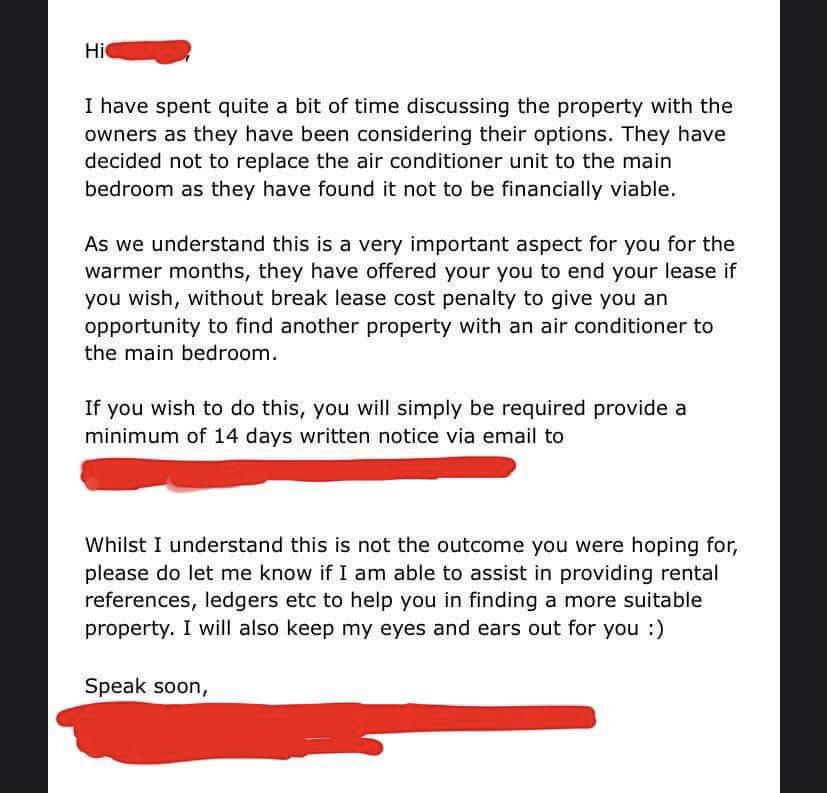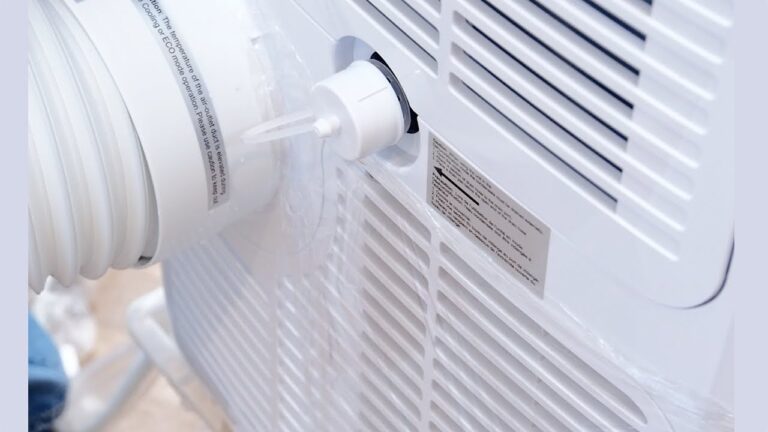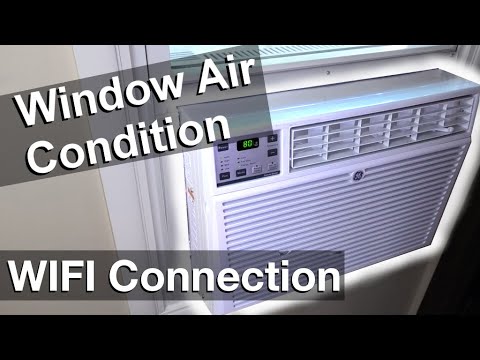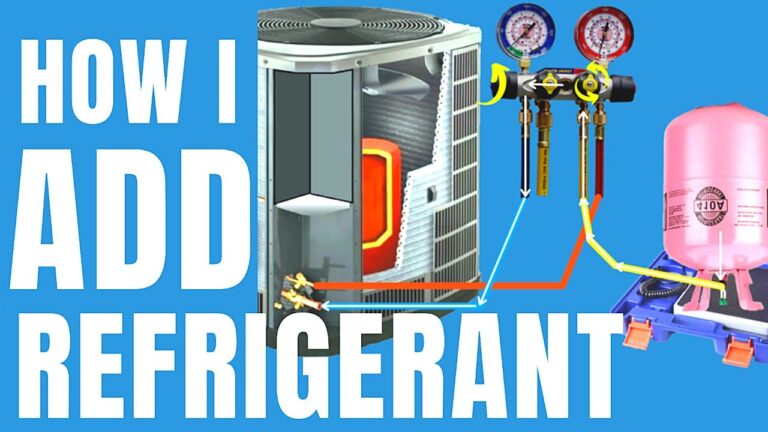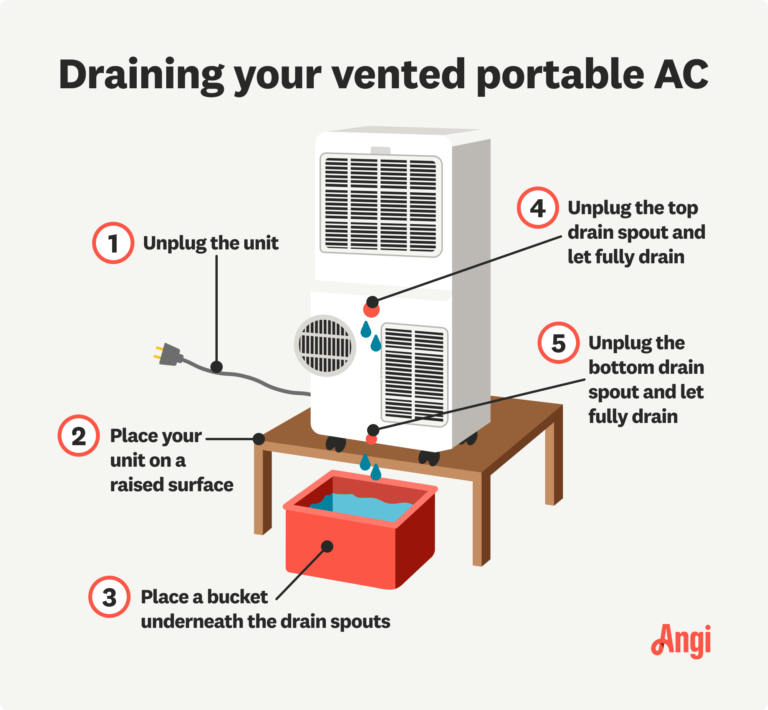Does My Landlord Have To Fix My Air Conditioner? Know Your Rights
Yes, your landlord must fix your air conditioner if it is specified in your lease agreement. Landlords are also generally required to maintain habitable living conditions.
A functioning air conditioner is crucial, especially in areas with extreme temperatures. Tenants rely on landlords to maintain essential amenities, including air conditioning, for a comfortable living environment. Lease agreements often outline specific responsibilities for repairs and maintenance. Always check your lease for details about what is covered.
If the air conditioner breaks, promptly inform your landlord in writing. This documentation helps ensure they address the issue. Knowing your rights and responsibilities can prevent conflicts and ensure a smooth rental experience. Maintaining clear communication with your landlord is key to resolving any maintenance issues efficiently.
Tenant Rights Overview
Understanding your rights as a tenant is crucial. Knowing what to expect ensures you live in a safe, comfortable environment. This overview helps you understand your basic rights and your landlord’s legal obligations.
Basic Rights
As a tenant, you have the right to a habitable living space. This includes working air conditioning in regions where it is necessary for health and safety.
- Right to a safe environment
- Right to necessary repairs
- Right to a healthy living condition
Your air conditioner is part of this requirement. It must be functional, especially during hot weather.
Legal Obligations
Your landlord has certain legal obligations to maintain your rental unit.
| Obligation | Description |
|---|---|
| Timely Repairs | Fix issues within a reasonable time frame. |
| Habitability | Ensure the unit is safe and livable. |
| Compliance | Follow local housing laws and regulations. |
If your air conditioner breaks, your landlord must repair it promptly. This ensures your living conditions remain safe and comfortable.
Always document your requests for repairs. Keep records to protect your rights. This step is essential if disputes arise.
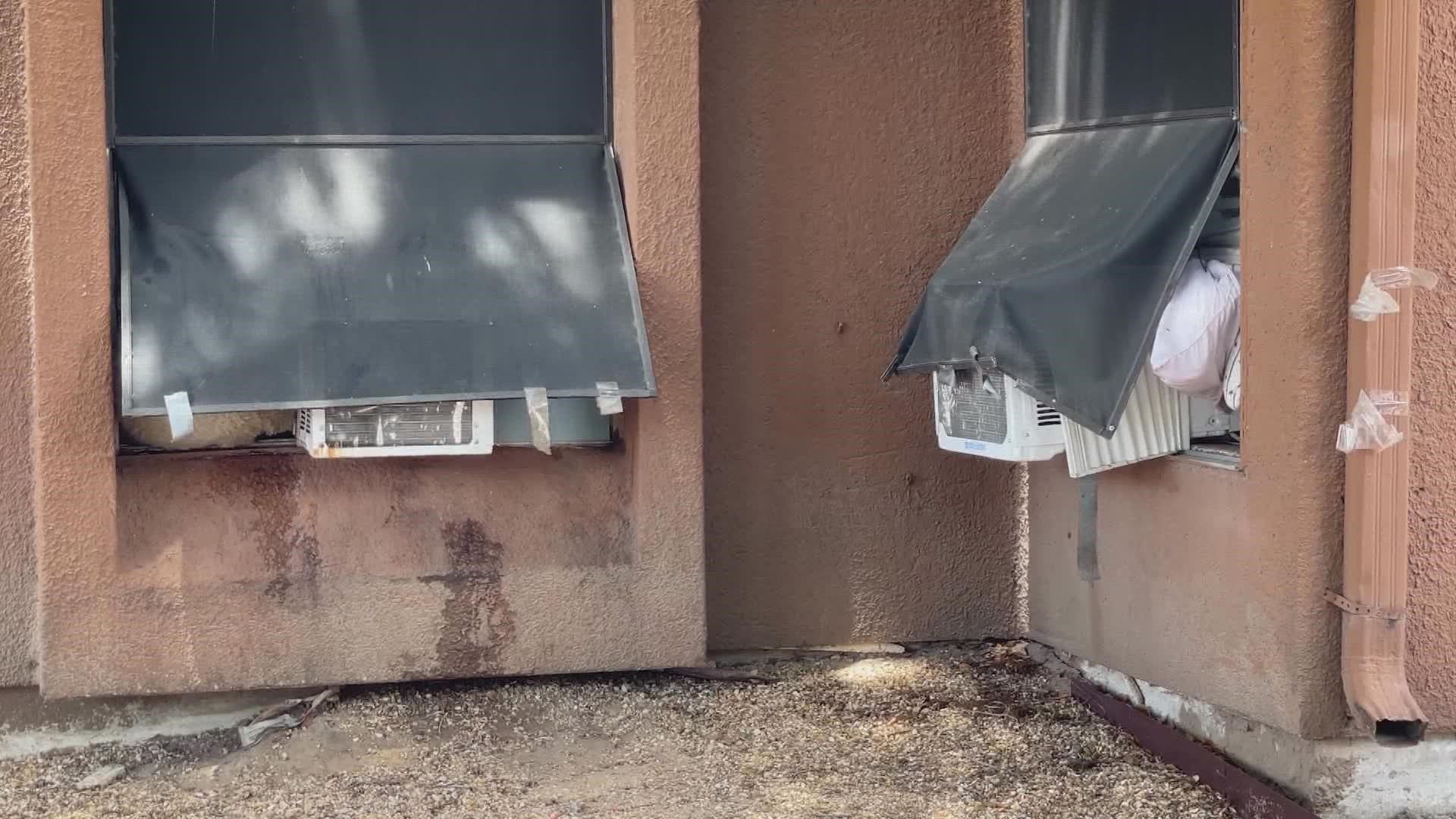
Credit: www.wfaa.com
Landlord Responsibilities
As a tenant, you expect your home to be comfortable and safe. One crucial aspect is having a functioning air conditioner. Understanding your landlord’s responsibilities helps you know your rights.
Maintenance Duties
Landlords must keep rental properties livable. This includes maintaining essential systems. Here are some of the key duties:
- Fixing broken air conditioners
- Repairing heating systems
- Ensuring plumbing works correctly
- Addressing electrical issues
These duties ensure you have a comfortable living space. If your air conditioner breaks, your landlord should fix it promptly.
Health And Safety
Air conditioning impacts your health and safety. High temperatures can be dangerous, especially for vulnerable people. A working air conditioner can prevent heat-related illnesses.
Landlords must ensure their properties are safe. This includes maintaining air conditioning units. A properly working unit can improve air quality and reduce humidity.
In some areas, laws require landlords to provide air conditioning. Check your local regulations to know your rights.
Air Conditioner Issues
Dealing with a faulty air conditioner can be frustrating. It affects comfort and well-being. Many renters wonder if landlords must fix air conditioner problems. Understanding common issues and their impact is crucial.
Common Problems
Air conditioners can fail for various reasons. Here are some common problems:
- Refrigerant Leaks: Low refrigerant levels cause inefficiency.
- Dirty Filters: Clogged filters reduce airflow.
- Thermostat Issues: Faulty thermostats lead to incorrect temperatures.
- Electrical Problems: Wiring issues can prevent the unit from working.
These issues can often be fixed. Knowing the symptoms helps in diagnosing the problem.
Impact On Living Conditions
A broken air conditioner affects living conditions significantly. Here’s how:
| Impact | Description |
|---|---|
| Health Risks: | High temperatures can cause heat-related illnesses. |
| Reduced Comfort: | Living spaces become uncomfortable and hard to relax in. |
| Poor Air Quality: | Dirty filters can lead to respiratory issues. |
A functional air conditioner is essential for a healthy living environment. Renters should know their rights regarding repairs.
Credit: www.reddit.com
Repair Requests
Is your air conditioner broken? You might wonder if your landlord must fix it. The answer depends on your lease and local laws. This section explains how to request repairs and document issues. Follow these steps to ensure your landlord handles the problem.
How To Request Repairs
First, check your lease agreement. It often outlines repair responsibilities. If the lease says the landlord must fix the air conditioner, you can proceed. Next, notify your landlord about the problem. Here’s how:
- Write a detailed letter or email. Include your name, address, and unit number.
- Describe the issue clearly. Mention any noises, leaks, or lack of cooling.
- Request a prompt response. State a reasonable time frame for repairs.
Keep a copy of your request. This ensures you have proof if needed later.
Documenting Issues
Documentation is crucial. It helps you prove the problem and the request. Here’s how to document the issue effectively:
- Take photos or videos of the broken air conditioner. Capture any visible damage.
- Keep a log of the dates and times when the unit fails to work. Note any related issues, like excessive heat or leaks.
- Save all communications with your landlord. This includes emails, texts, and letters.
Using these steps ensures you have a solid record. This helps if disputes arise about the repair.
Legal Recourse
When your air conditioner breaks, it can be stressful. If your landlord doesn’t fix it, you might need legal help. This section will guide you through your options.
When To Seek Legal Help
Your air conditioner is essential, especially in hot climates. Landlords must keep rentals habitable. If the air conditioner breaks, the landlord must fix it. If they refuse, you may need to seek legal help. Here are signs you should consider legal action:
- The landlord ignores your repair requests.
- The repair takes too long, causing discomfort.
- The landlord refuses to fix the air conditioner.
- The broken air conditioner affects your health or safety.
Filing Complaints
If your landlord doesn’t act, you can file a complaint. Here are steps to follow:
- Document the problem. Take photos or videos of the broken air conditioner.
- Keep records of all communication with your landlord.
- Contact your local housing authority. They can help resolve the issue.
- If needed, file a complaint in small claims court.
Filing a complaint can motivate the landlord to fix the issue quickly. If not, the court can order the repair or compensation.
| Step | Action | Purpose |
|---|---|---|
| 1 | Document the problem | Provide evidence of the issue |
| 2 | Keep communication records | Show your efforts to resolve |
| 3 | Contact housing authority | Get official help |
| 4 | File court complaint | Seek legal resolution |
Understanding your rights and legal options can help you get your air conditioner fixed. Stay informed and take action if needed.
Temporary Solutions
Living in a hot apartment with a broken air conditioner is tough. If your landlord isn’t fixing it quickly, you need temporary solutions. These can help keep your home cool until the repair happens.
Portable Units
Portable air conditioners are a great temporary fix. They are easy to set up and can cool one room effectively. You can buy or rent them from local stores. Here are some benefits:
- Easy to move around
- Quick setup
- No need for permanent installation
Make sure to place the unit near a window for ventilation. Use a window kit to connect the exhaust hose. This will help remove hot air from your room.
Alternative Cooling Methods
If a portable unit isn’t an option, try these alternative cooling methods:
- Use fans to circulate air. Place a bowl of ice in front of the fan for cooler air.
- Close blinds and curtains to block sunlight. This helps keep rooms cooler.
- Use damp sheets or towels. Hang them in front of open windows for a cooling effect.
- Take cool showers. This helps lower your body temperature quickly.
- Stay hydrated. Drink plenty of water to help your body stay cool.
These methods can make a significant difference. They will help you stay comfortable until your air conditioner is fixed.
Rent Adjustments
If your air conditioner breaks, you might wonder about rent adjustments. Your living conditions can suffer without a working AC. This issue may entitle you to a rent reduction. Knowing your rights can help you negotiate better.
Negotiating Rent Reduction
Start by talking to your landlord. Explain the discomfort caused by the broken AC. Be clear and polite. Mention any health issues or discomfort you experience. Document everything. Keep records of your conversations and any written communication.
Propose a fair reduction. Consider how long the AC has been broken. If it’s hot, you might need a bigger reduction. Use local laws to support your case. Many places require landlords to provide a livable environment. Without AC, your home may not be livable.
Escrow Accounts
An escrow account can be a powerful tool. Instead of paying rent directly, you pay it into a special account. The money stays there until the landlord fixes the issue. Check your local laws to see if this is an option. Some places allow this only for major issues.
Setting up an escrow account shows you are serious. It also protects you if the landlord tries to evict you for not paying rent. Get legal advice before doing this. A lawyer can guide you through the process and ensure you follow the law.
| Step | Action |
|---|---|
| 1 | Notify the landlord |
| 2 | Document the issue |
| 3 | Propose a fair reduction |
| 4 | Consider an escrow account |
| 5 | Seek legal advice |
State And Local Laws
Knowing your rights as a tenant is crucial. State and local laws play a big role in determining whether your landlord must fix your air conditioner. These laws vary widely depending on where you live. It is essential to understand the specific regulations in your area.
Specific Regulations
Each state has its own tenant-landlord laws. Some states require landlords to provide air conditioning as part of habitable living conditions. Others do not. Check your state’s housing code for details.
For example, in Arizona, landlords must provide air conditioning. In California, it is not mandatory unless stated in the lease. Local ordinances can also impact landlord responsibilities. Cities might have stricter rules than the state itself.
Reviewing your lease agreement is also vital. Some leases specifically mention air conditioning. If the lease states the landlord must fix it, they are legally obligated to do so.
Tenant Advocacy Groups
If you face issues with your landlord, tenant advocacy groups can help. These organizations offer resources and support. They can guide you through the legal process.
Examples include:
- National Multifamily Housing Council
- National Low Income Housing Coalition
- Local tenant unions
These groups provide free or low-cost legal advice. They often have information specific to your location. They can help you understand your rights and take action if needed.
In some cases, tenant advocacy groups can mediate between you and your landlord. They aim to resolve issues without going to court.
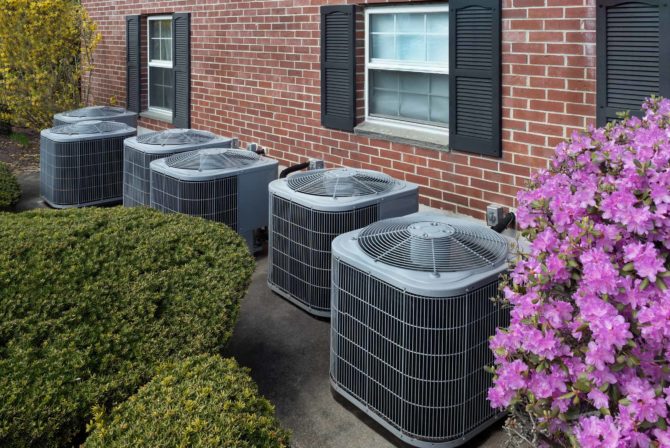
Credit: www.championacaustin.com
Frequently Asked Questions
How Long Can A Landlord Leave You Without Ac In Texas?
In Texas, a landlord has 7 days to repair or replace a non-functioning AC after being notified.
Can I Withhold Rent For A Broken Ac In Texas?
You can withhold rent in Texas if the landlord fails to repair the AC after proper notice. Ensure you follow state laws.
Is No Ac Considered An Emergency In Texas?
No AC in Texas can be an emergency, especially in extreme heat. Health risks increase without cooling. Contact local authorities for assistance.
Conclusion
Understanding your rights as a tenant is essential. Your landlord is generally responsible for fixing your air conditioner. Always check your lease agreement and local laws. If issues arise, communicate clearly with your landlord. Ensuring a comfortable living environment benefits both parties.
Protect your rights and stay informed.

